10 Best Herbal Tinctures For Gum Infection

Herbal tinctures have gained popularity as natural remedies for gum infections due to their antimicrobial and anti-inflammatory properties.
Commonly used herbs such as echinacea, goldenseal, and sage are known for their ability to combat oral bacteria and reduce gum inflammation. These tinctures can be applied directly to the affected gums or used as part of a mouth rinse to promote healing and prevent further infection. While they may offer relief, they should not replace professional dental care, especially for severe or persistent infections.
It is important to consult with a healthcare provider before using herbal tinctures to ensure safety and effectiveness.
Table of Contents
- 1. Salvia (Salvia officinalis)
- 2. Oregano (Origanum vulgare)
- 3. St. john's wort (Hypericum perforatum)
- 4. Aloe vera (Aloe barbadensis)
- 5. Thyme (Thymus vulgaris)
- 6. Echinacea (Echinacea purpurea)
- 7. Bloodroot (Sanguinaria canadensis)
- 8. German chamomile (Chamomilla recutita)
- 9. Ceylon cinnamon (Cinnamomum verum)
- 10. Lemon balm (Melissa officinalis)
1. Salvia (Salvia officinalis)

Salvia officinalis, commonly known as sage, has been traditionally used for its antimicrobial and anti-inflammatory properties, making it a valuable ingredient in herbal tinctures for gum infections.
These tinctures typically combine sage with alcohol to extract its active compounds, such as flavonoids and essential oils, which help reduce bacterial growth and inflammation in the gums. When applied topically or used in mouth rinses, sage tinctures can soothe sore gums and promote healing by inhibiting the growth of harmful oral bacteria. Many people find these natural remedies to be a gentle alternative to conventional treatments, especially for mild to moderate gum irritation.
However, it is important to consult with a healthcare professional before using sage tinctures, especially if you have existing health conditions or are taking other medications.
2. Oregano (Origanum vulgare)
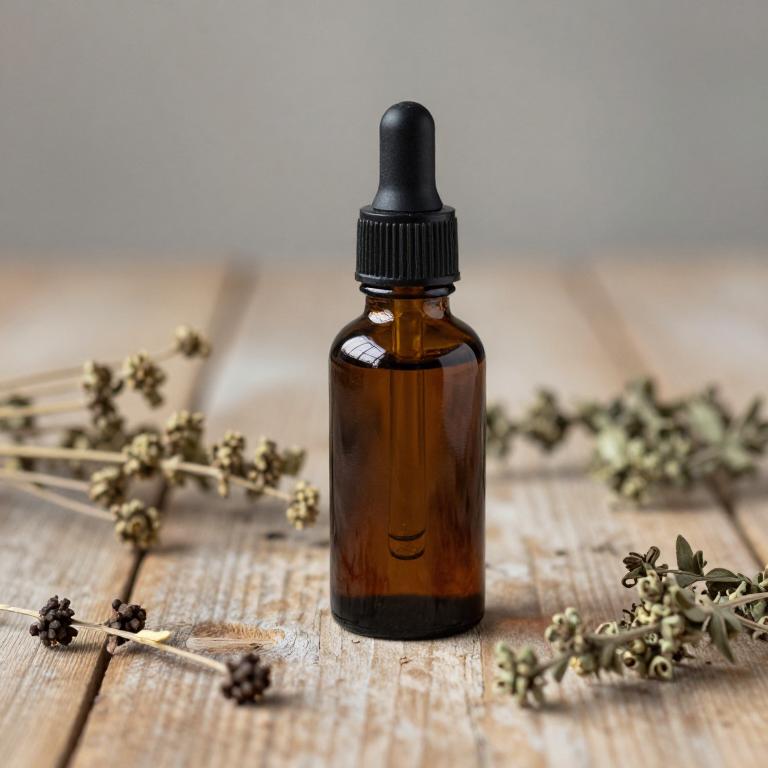
Origanum vulgare, commonly known as oregano, has been traditionally used for its antimicrobial and anti-inflammatory properties, making it a valuable component in herbal tinctures for treating gum infections.
The essential oils extracted from oregano, particularly carvacrol and thymol, exhibit strong antibacterial effects against pathogens like Porphyromonas gingivalis, which are often responsible for periodontal disease. When formulated into a tincture, oregano can be applied directly to the gums to reduce inflammation, swelling, and bacterial buildup. This natural remedy is often preferred by individuals seeking alternative or complementary treatments to conventional antibiotics.
However, it is important to consult with a healthcare professional before using oregano tinctures, especially for those with known allergies or underlying health conditions.
3. St. john's wort (Hypericum perforatum)

Hypericum perforatum, commonly known as St. John's Wort, is a herbal plant that has been traditionally used for its anti-inflammatory and antimicrobial properties.
When prepared as a tincture, it can be applied topically to the gums to help reduce inflammation and combat bacterial infection. The active compounds in hypericum perforatum, such as hyperforin and hypericin, are believed to contribute to its therapeutic effects on oral health. While some studies suggest its potential benefits for gum infections, it is important to consult a healthcare professional before using it, as it may interact with certain medications.
Overall, hypericum perforatum tinctures may serve as a complementary approach to managing gum infections when used under proper guidance.
4. Aloe vera (Aloe barbadensis)
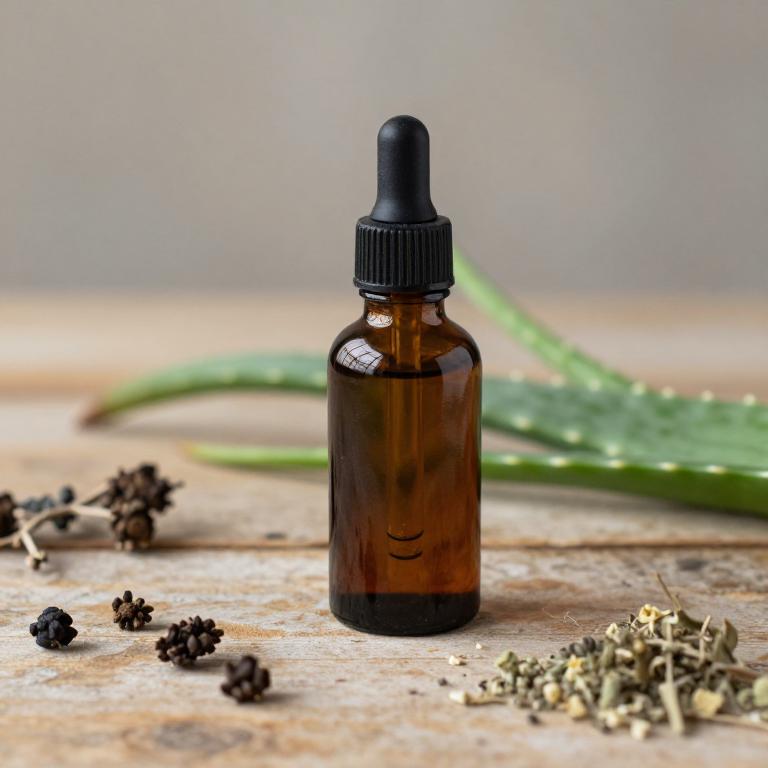
Aloe barbadensis herbal tinctures have gained attention for their potential benefits in treating gum infections due to their anti-inflammatory and antimicrobial properties.
The extract from the aloe plant contains compounds like aloin and polysaccharides that can help reduce inflammation and promote healing in the gums. These tinctures may help alleviate symptoms such as swelling, redness, and bleeding associated with gingivitis and periodontal disease. When used as a mouth rinse or applied topically, aloe tinctures can support oral hygiene and complement traditional dental care routines.
However, it is important to consult with a healthcare provider before using aloe-based products for gum issues to ensure safety and effectiveness.
5. Thyme (Thymus vulgaris)

Thymus vulgaris, commonly known as thyme, is a medicinal herb widely used in herbal tinctures for its potent antimicrobial and anti-inflammatory properties.
Thymus vulgaris herbal tinctures are often employed to combat gum infections due to their ability to reduce bacterial growth and soothe inflamed gum tissues. The active compounds, such as thymol and carvacrol, contribute to the tincture's effectiveness in fighting periodontal pathogens. These tinctures can be applied topically or used as part of a holistic oral care regimen to support gum health.
However, it is important to consult a healthcare professional before using thyme tinctures, especially if you have existing medical conditions or are taking other medications.
6. Echinacea (Echinacea purpurea)

Echinacea purpurea herbal tinctures are commonly used in natural medicine to support immune function and reduce inflammation, making them a potential complementary treatment for gum infections.
These tinctures contain active compounds such as alkamides, caffeic acid derivatives, and flavonoids, which have antimicrobial and anti-inflammatory properties that may help combat periodontal pathogens. While research on their efficacy for gum disease is limited, some studies suggest that echinacea can reduce plaque and gingival inflammation when used as part of a holistic oral care regimen. It is important to consult a healthcare professional before using echinacea, especially for individuals with allergies or those taking other medications.
As with any herbal remedy, echinacea should not replace conventional dental treatments but may offer supportive benefits when used appropriately.
7. Bloodroot (Sanguinaria canadensis)
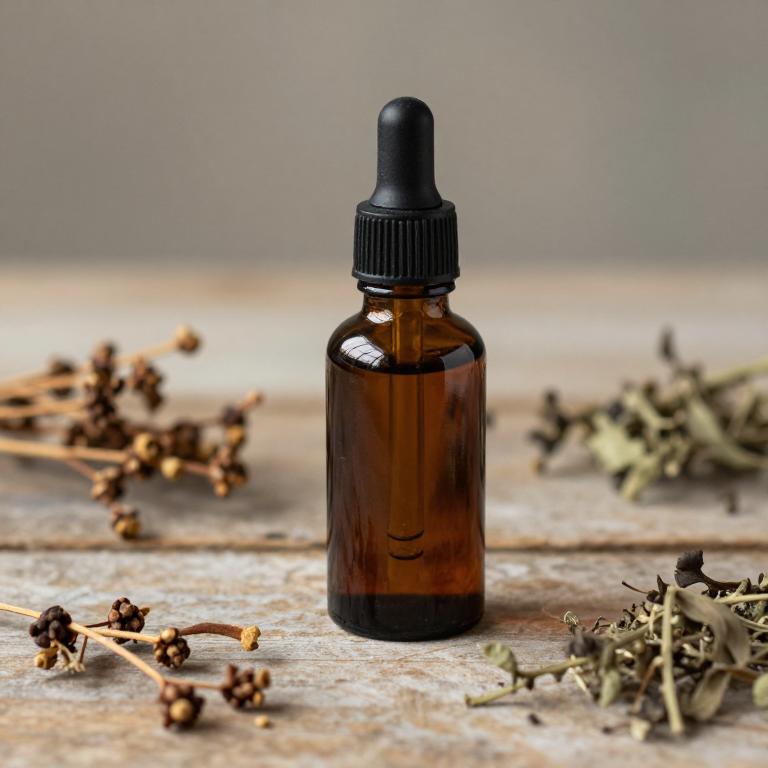
Sanguinaria canadensis, commonly known as bloodroot, is a traditional herbal remedy that has been used for its antimicrobial and anti-inflammatory properties.
Its tincture, often prepared from the root, is believed to help combat bacterial infections, including those affecting the gums. The active compounds in bloodroot, such as sanguinarine, may inhibit the growth of harmful oral pathogens that contribute to gum disease. However, due to its potent nature, it should be used with caution and under the guidance of a qualified herbalist or healthcare provider.
While some anecdotal evidence supports its use for gum infections, scientific research on its efficacy and safety for this purpose remains limited.
8. German chamomile (Chamomilla recutita)
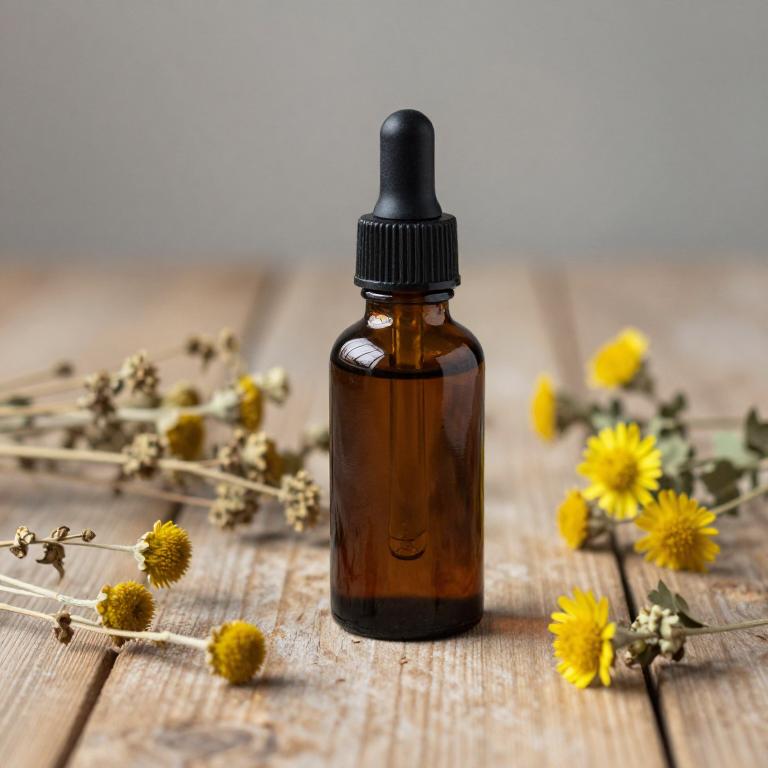
Chamomilla recutita, commonly known as German chamomile, is often used in herbal tinctures to address gum infections due to its anti-inflammatory and antimicrobial properties.
These tinctures can help reduce swelling, redness, and pain associated with gingivitis and periodontal disease by soothing the gums and inhibiting bacterial growth. The active compounds, such as bisabolol and chamazulene, contribute to its effectiveness in promoting oral health. When used as a mouth rinse or applied topically, chamomilla tinctures offer a natural alternative for those seeking holistic dental care.
However, it is important to consult with a healthcare professional before using herbal remedies, especially if you have existing medical conditions or are taking other medications.
9. Ceylon cinnamon (Cinnamomum verum)
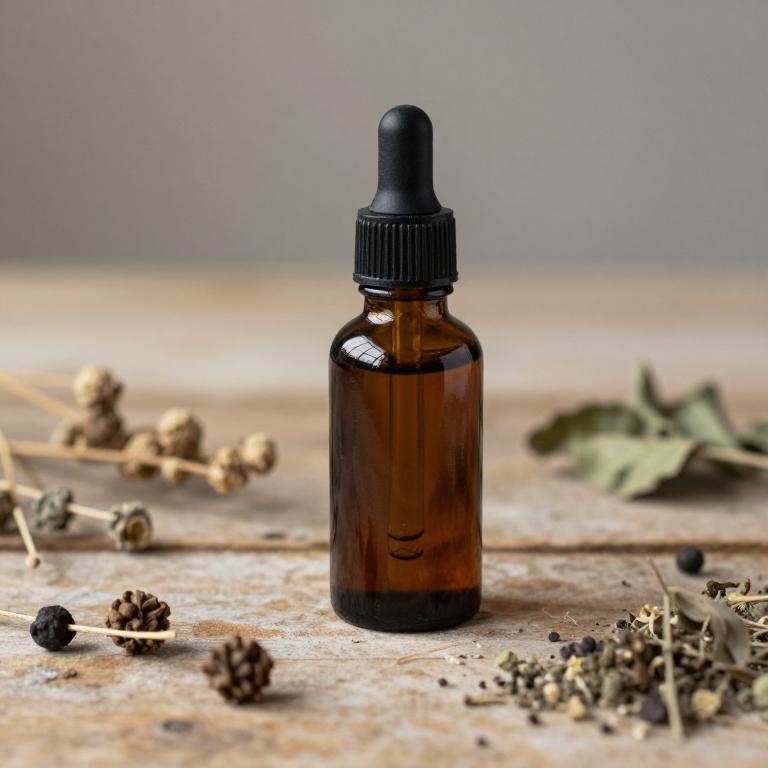
Cinnamomum verum, commonly known as cinnamon, contains potent antimicrobial and anti-inflammatory compounds that make it a valuable ingredient in herbal tinctures for gum infections.
These tinctures are often used to reduce bacterial growth in the mouth, which can contribute to conditions like gingivitis and periodontitis. The active compounds, such as cinnamaldehyde and eugenol, help soothe inflamed gums and promote healing. When used as a mouth rinse or topical application, cinnamon tinctures can effectively alleviate symptoms such as redness, swelling, and bleeding gums.
However, it is important to consult a healthcare professional before using these tinctures, especially for prolonged or severe gum infections.
10. Lemon balm (Melissa officinalis)
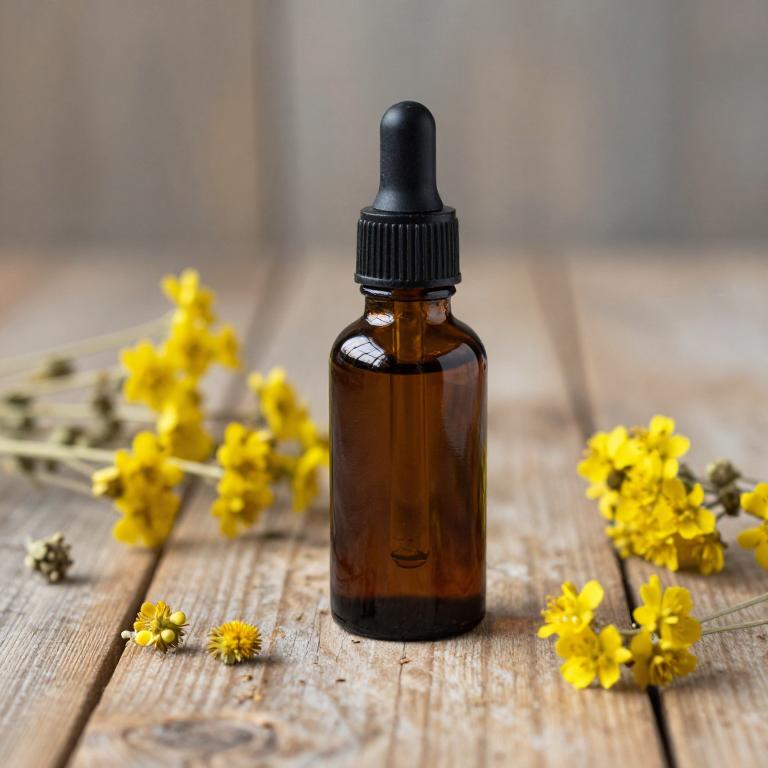
Melissa officinalis, commonly known as lemon balm, is a herb that has been traditionally used for its calming and anti-inflammatory properties.
When prepared as a tincture, it can be used to support gum health by reducing inflammation and inhibiting the growth of bacteria that contribute to gum infections. The active compounds in lemon balm, such as rosmarinic acid and flavonoids, exhibit antimicrobial and antiseptic effects, making it a valuable natural remedy for oral care. To use lemon balm tincture for gum infection, it can be diluted with water and swished around the mouth or applied topically with a cotton swab.
While it may offer supportive benefits, it is important to consult a healthcare professional for persistent or severe gum infections.